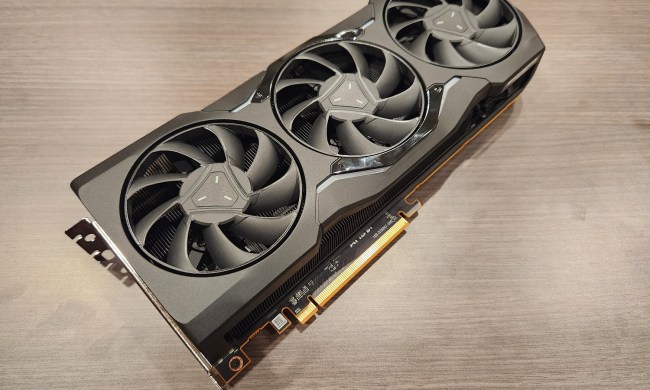
Working with authorities in eleven other countries, the U.S. Federal Bureau of investigation has seized bank accounts, data, and computer systems used by gangs that is accused of having scammed more than $72 million out of victims by peddling fake security software. The effort, dubbed Operation Trident Tribunal, seized more than 40 computers used to host Web pages and conduct fake scans designed to scare people into believing they needed to purchase bogus security software to clean their systems. Raids conducted in Latvia enabled police to seize five bank accounts that were apparently used to funnel money to one gang of scammers; other accounts were seized in Cyprus. Latvian authorities also arrested two people accused of running one of the gangs.
“Today’s operation targets cyber crime rings that stole millions of dollars from unsuspecting computer users,” said the FBI Criminal Division’s Assistant Attorney General Lanny A. Breuer, in a statement. “These criminal enterprises infected the computers of innocent victims with malicious scareware, and then duped them into purchasing fake anti-virus software. Cyber crime is profitable, and can prey upon American consumers and companies from nearly any corner of the globe. We will continue to be aggressive and innovative in our approach to combating this international threat.”
The larger of the two operations targeted by the FBI allegedly used the Conficker worm to infect “hundreds of thousands” of computers with scareware, then turn around and collected more than $72 million peddling fake antivirus products to clear up the problem. The FBI says up to 960,000 users were victimized by the scheme, paying prices of up to $129 for fake software to resolve the problems. While authorities confiscated systems and bank accounts, no alleged perpetrators have been arrested yet
A second operation—in which the two arrests were made—posed as a phony advertising agency selling space on the Minneapolis Star Tribune’s Web site; once the ad was placed, the perpetrators changed the code to target viewers with scareware, throwing pop-up warnings on users’ screens and even locking up systems. Victim’s systems would magically start behaving normally again if they paid the perpetrators for fake antivirus software. The FBI alleges this scam took in at least $2 million.
The FBI’s operation involved several law enforcement agencies in the United States as well as authorities in Cyprus, Germany, Latvia, Ukraine, Lithuania, France, the Netherlands, Sweden, the United Kingdom, Romania, and Canada.


